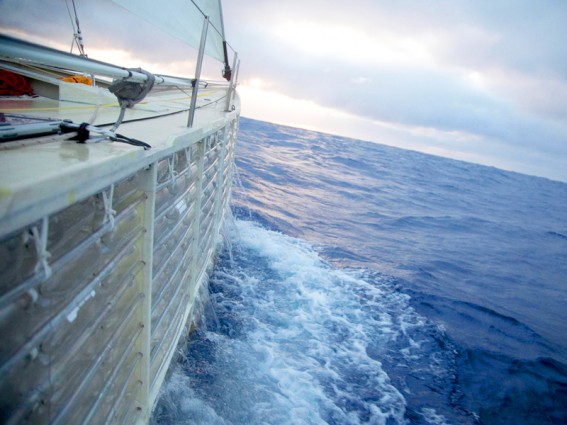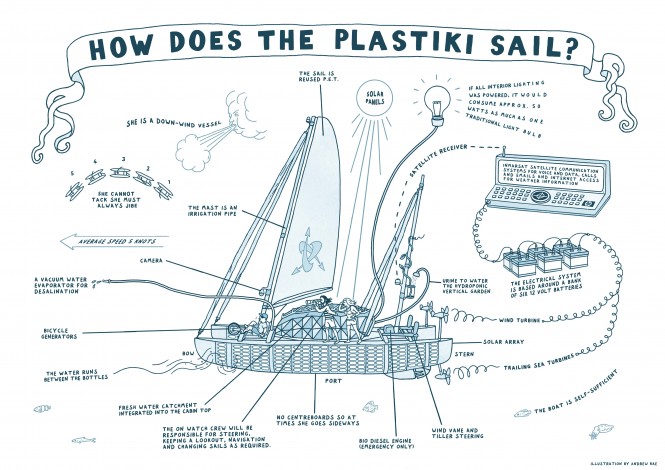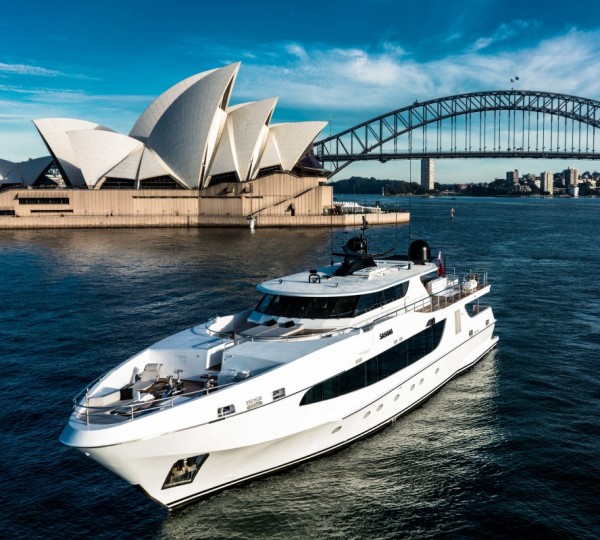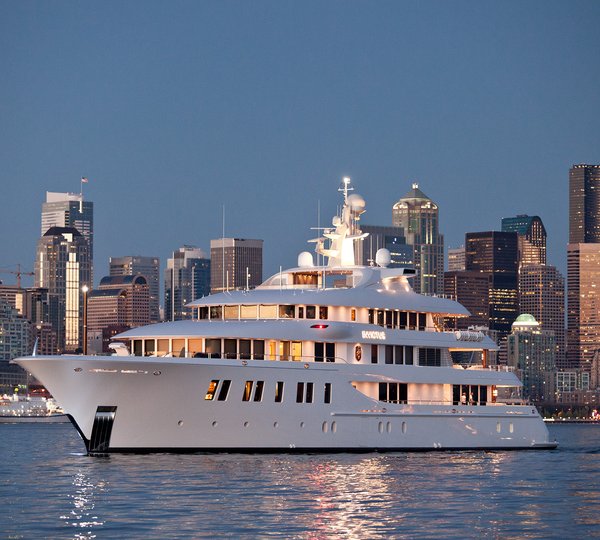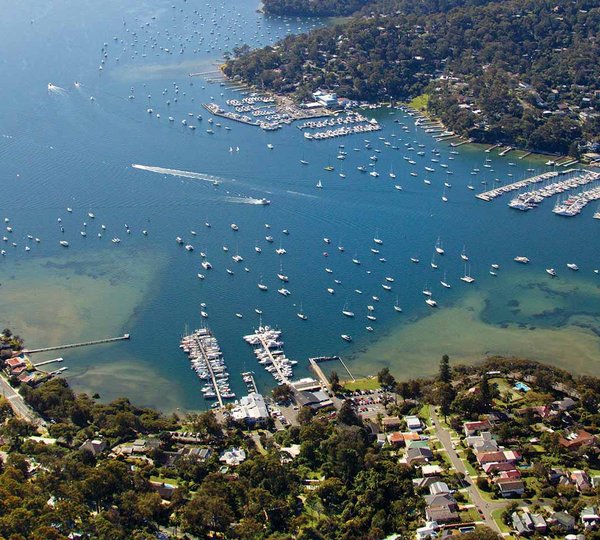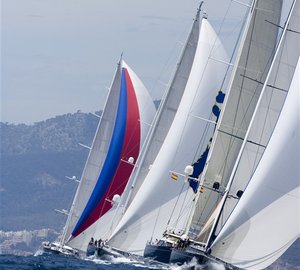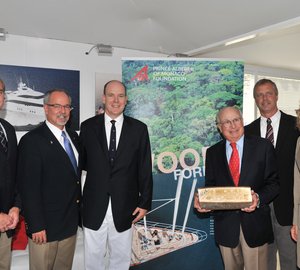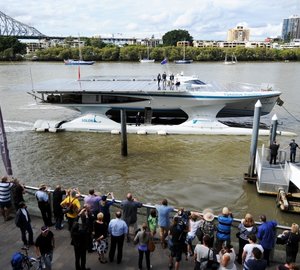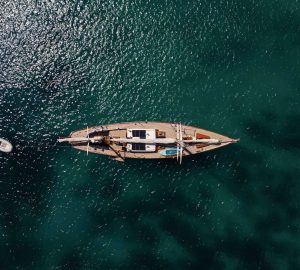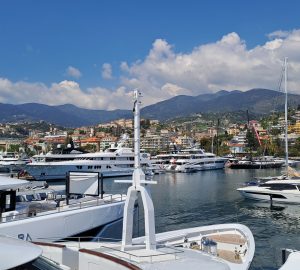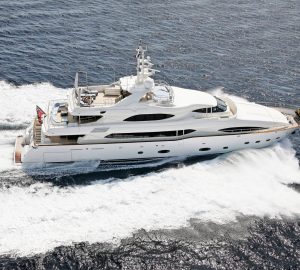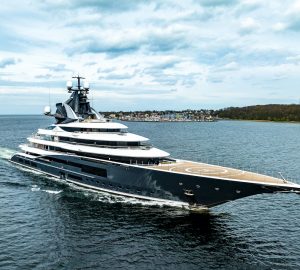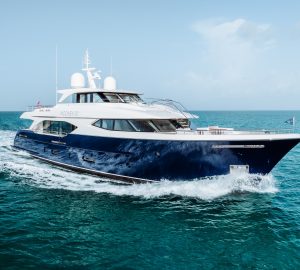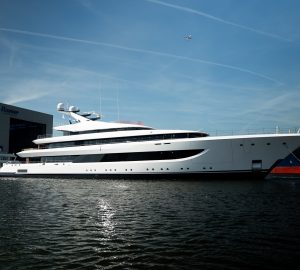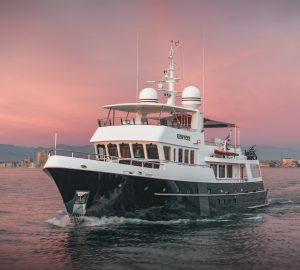The Inmarsat sponsored vessel made buoyant by 12,500 reclaimed plastic bottles, is nearing the end of its three-month voyage to highlight the environmental impact of waste dumped in the oceans.
The unique catamaran, the brainchild of British environmentalist David de Rothschild, is due in Sydney by the end of this month, having crossed the Pacific from San Francisco.
Along the way David and his crew have used a Thrane & Thrane Sailor FleetBroadband 500 terminal, supplied by solutions provider Satcom, to keep the expedition in the public eye and raise a debate on finding ways to tackle the problem of the 15 billion pounds (6.8 billion kg) of rubbish which ends up in the world’s oceans every year.
Global conversation
Since its departure in March, the crew have conducted over 50 media interviews, resulting in more than 300 print articles, 200 radio and TV broadcasts and over 1,000 mentions on websites.
David said: “One of the founding principles of the Plastiki expedition was to create a global conversation around the issues and the solutions needed in order to beat waste, especially the plastic pollution that plagues our oceans.”
“Without FleetBroadband and Inmarsat’s unwavering commitment and vision to support our call to action, the Plastiki wouldn¿t have been able to reach the global audience it has – and in turn create such an immense voice for change.”
Huge audience
The 20-metre (60ft) catamaran, which has a hull made of 12,500 reclaimed plastic bottles, has relied solely on renewable energy systems to power its FB500 terminal. With video production equipment supplied by Livewire Digital and airtime sponsored by Inmarsat distribution partner Stratos, the expedition has been able to send store-and-forward video to its own website and the world’s media.
Coverage has included weekly TV and web reports on CNN International and a slot on the Oprah Winfrey Show, watched by six million viewers across America.
The crew has also used FleetBroadband to keep in touch with colleagues and family onshore.
State celebrations
Skipper Jo Royle said: “I have never experienced such clarity in ship-to-shore communications.
“Inmarsat technology has totally revolutionized my job. We can now enjoy life at sea and remain connected with developments on shore.”

